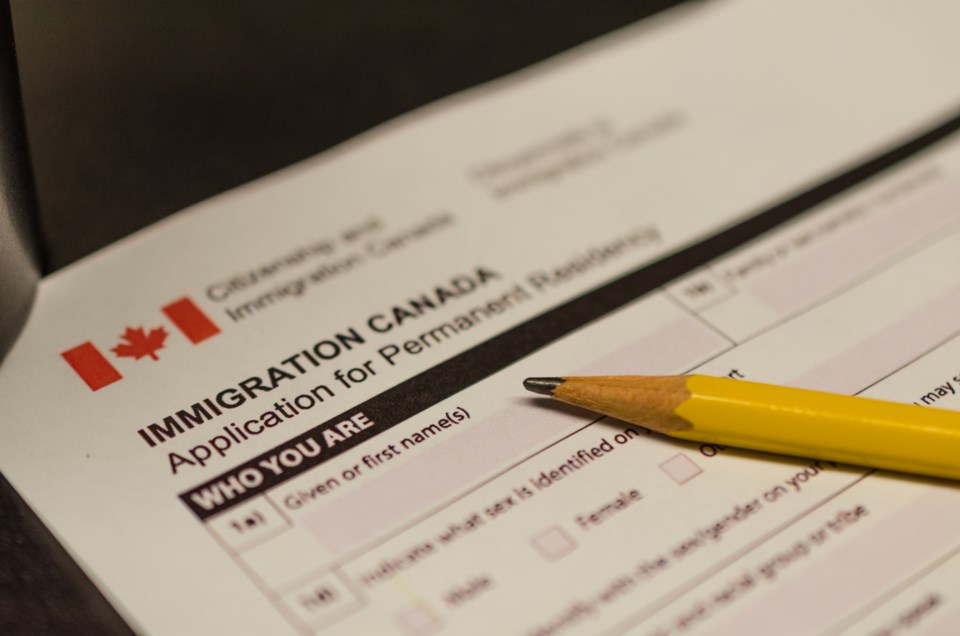A greater proportion of recent Canadian immigrants can't meet financial needs, as compared to more established immigrants or those born in Canada, a new Statistics Canada survey from April shows.
Forty-three per cent of recent immigrants — defined as having arrived after 2005 — reported finding it “difficult” or “very difficult” to meet their financial needs in terms of transportation, housing, food, clothing and other necessary expenses in the past 12 months.
Comparatively, 29 per cent of established immigrants and non-immigrants reported the same burden.
However, there were variances of financial concerns depending on where an immigrant came from.
“While newcomers from the United States (24%) and Europe (34%) were the least likely to report experiencing financial difficulty in the past 12 months, newcomers from other regions were more likely to experience hardship during this transition.
“In general, newcomers arriving from Asia (46%) reported having the highest level of difficulty making ends meet,” the study stated.
Statistics Canada explained these differences may be related to the category of admission, which was not considered in the study.
The study noted the findings relate to similar findings among racialized Canadians (immigrants and non-immigrants alike) who report higher rates of financial stress.
“In April 2024, West Asian (48%), South Asian (43%), Latin American (42%), Black (40%), Arab (38%) and Filipino (35%) Canadians were more likely to report having difficulty meeting their financial needs in the past 12 months than the non-racialized, non-Indigenous population (28%).
“In contrast, Chinese Canadians (22%) were the least likely to report experiencing financial difficulty in the past 12 months,” the study stated.



